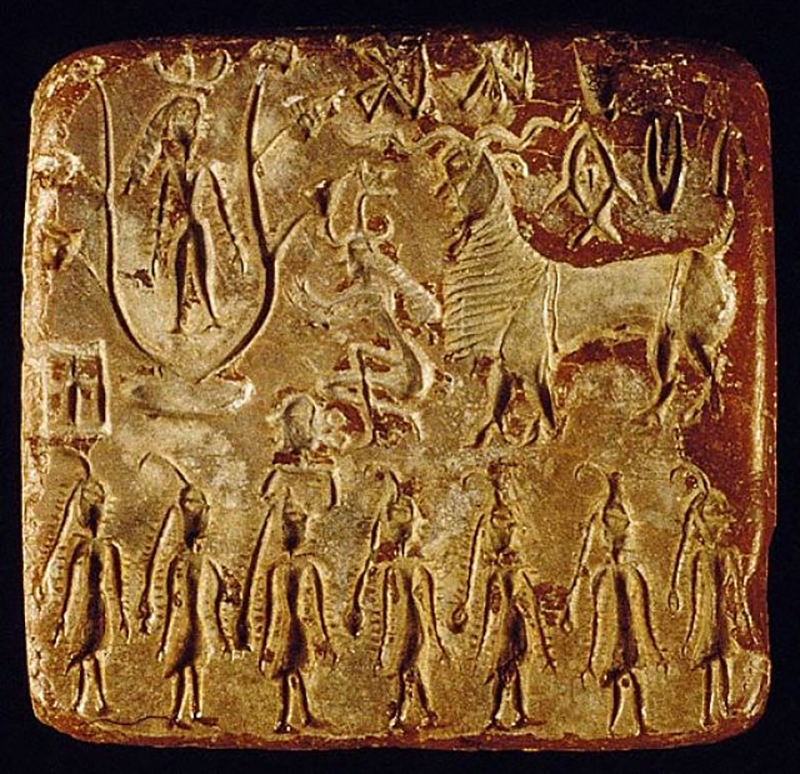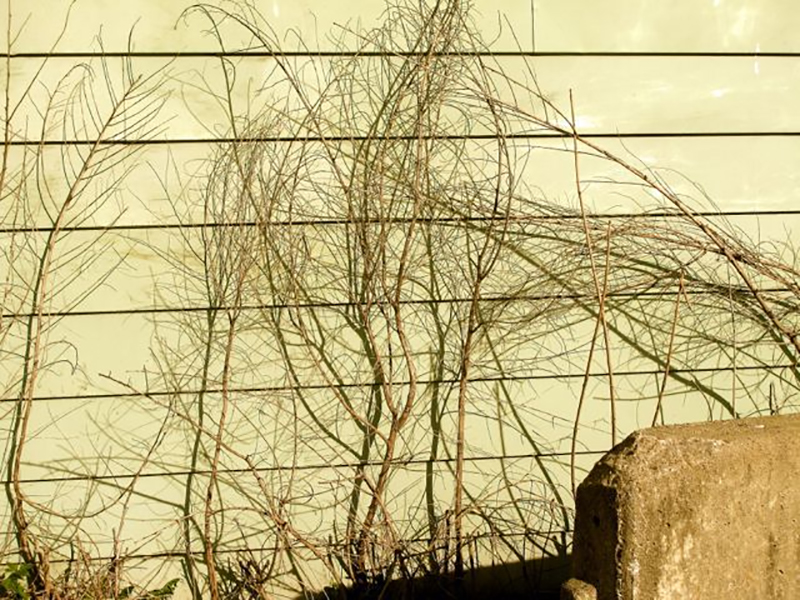
The old symbols
We know a lot and a little about them at the same time. Their civilization is contemporary with ancient Egypt and Mesopotamia. Several countries report having met them, spoken to them. Their cities were surprisingly well structured. The houses had their own latrines, wells, sewage was collected, the kingdom was large.
It is not known whether they were governed by kings or priests. Their writing is still a mystery. When their civilization vanished, about 1,800 years before our era, there were only enigmatic remains, walls still straight, irrigation canals still in use and, sometimes, buried under buildings of other civilizations, large collecting wells around which ancient religions still persist in engulfing their mysteries.
Just at the borders of prehistory, these people remind us that the human spirit quickly apprehended and conquered the world. Their ideas, their fears, their anxieties, their dreams undoubtedly nourish our psyche.
The Indus civilization has long since disappeared, it reminds us that what is one day grandiose is shrinking the next, that what is born is inexorably wrapped around the great wheel of becoming.
4,000 years ago, people smiled, loved each other, hoped. They cultivated the land, irrigated and harvested. They were praying for sure. Their souls have evaporated as ours will go up in smoke.
Time is not the wheat of a single season. It drinks from deep rivers that dig canyons with harsh walls on which our hands cling as best as they can until they let go, in blood and without strength.
To look so far back, to read without understanding the thoughts of these ancient spirits, how can we not realize that we must make peace with the future? That our destiny is to move forward and build, not to wage war, which will always and always be in vain?
Why is Humanity taking so long to anchor itself in happiness? After all, this time, have we understood nothing?

